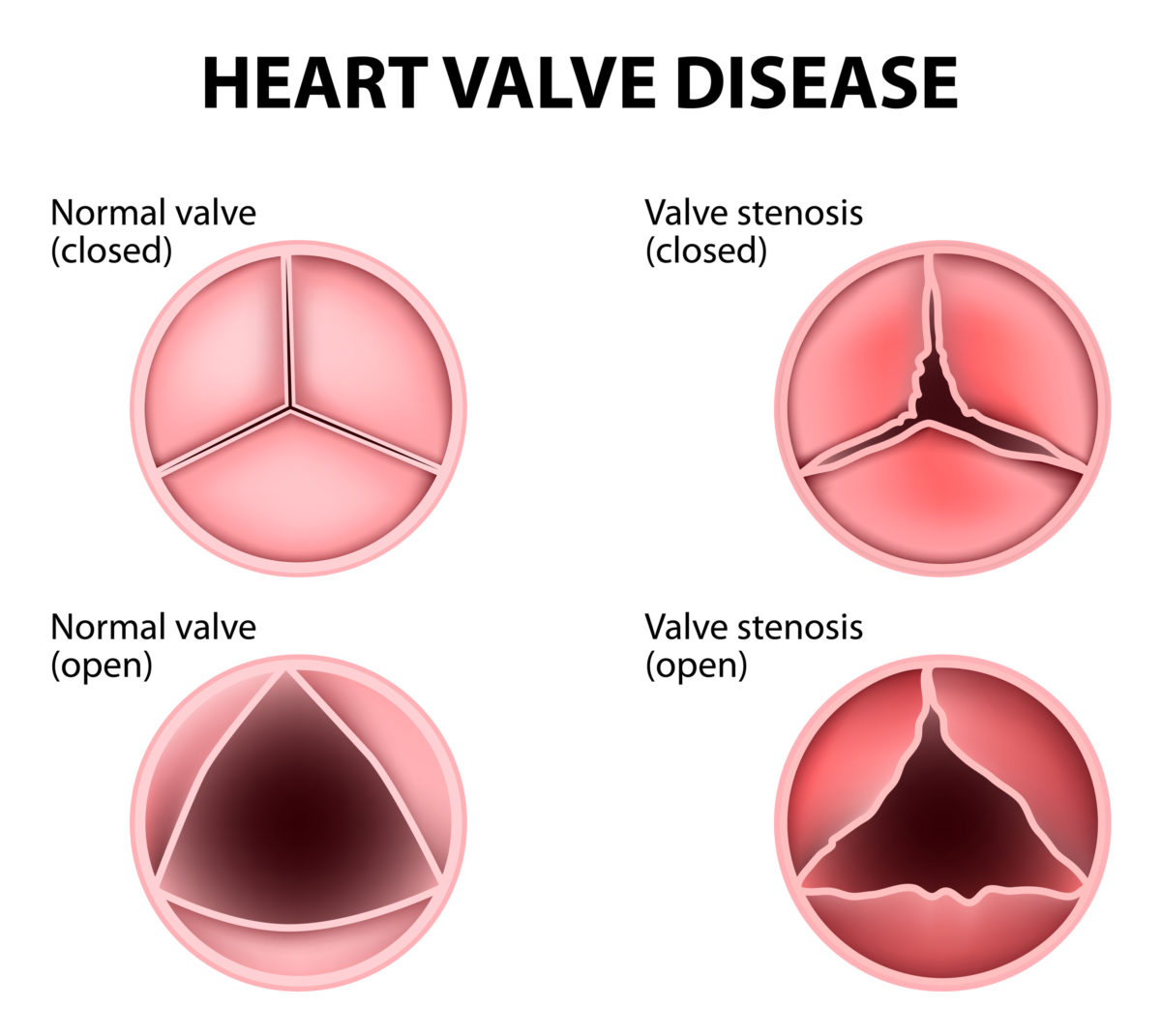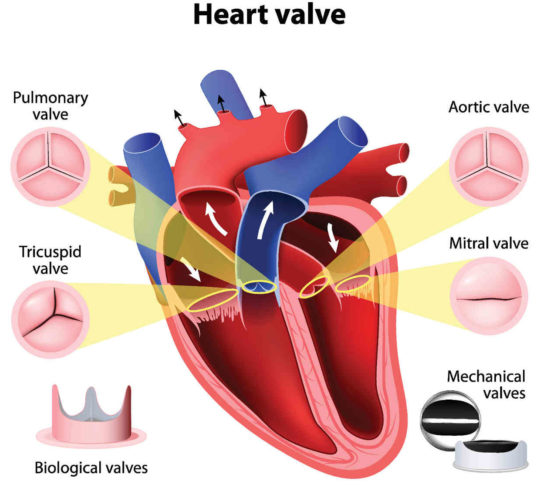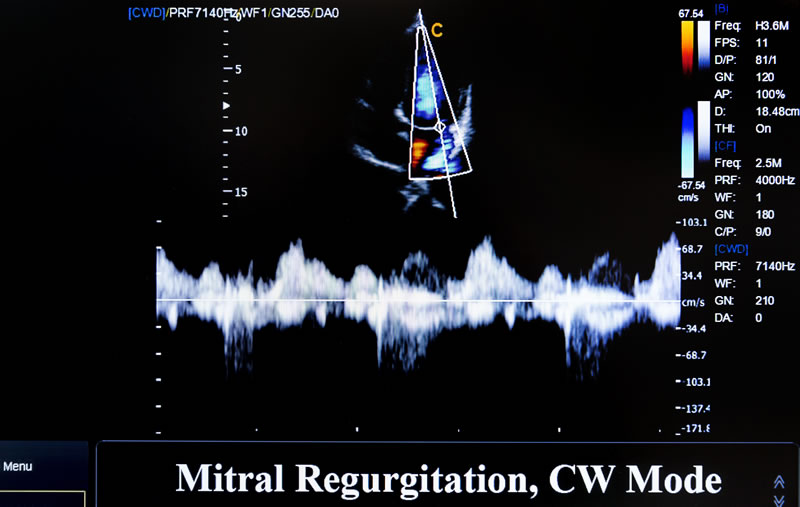Whether you have suffered a heart attack or stroke, or have been told by your doctor that you are at an increased risk of heart issues, chances are you have been looking seriously into ways to change your lifestyle. Nothing prompts healthy lifestyle changes like a scare, but we don’t have to wait until we have a heart attack to find out we are at high risk before we take our lives into our own proverbial hands and make some healthy changes for the better.
For most of us, diet and exercise are the two areas where lifestyle and personal change can make a significant difference in our heart health and resulting risk factors. While it might be nice to think that medication alone is all that we need, effort on our part to make better, more healthy choices, is part and parcel to being healthy and to reduce the risk for issues or recurring issues.
Diet is an area where almost all of us fail to meet the recommended goals. For whatever reason, most of us eat a diet rich in fattening, oversized portions of convenience foods that are high in calories and low in nutrition. While we do not have to resort to a life without cheeseburgers, we do have to make changes in what, how much, and how often we eat.
There are some simple rules of thumb for keeping your diet under control and changing your diet in more heart-healthy ways. First and foremost, watch the portion sizes. Most of us are shocked when we look a bit deeper and find out just how small a serving size truly is compared with the amount we serve ourselves. Using smaller plates gives you the illusion of eating more and can really help with portion control. Secondly, watch out for liquid calories. A lot of people don’t realize just how many calories they consume with their daily coffee drinks, soda, wine, beer, and juice. Switching out some of these sugar-laden drinks for water or unsweetened tea is a great heart-healthy choice.
When it comes to eating more heart healthy, there are some general tips that will make all dietary choices a bit easier. If we are mindful of the portion sizes we are eating and work to reducing the amount of food we eat to healthier levels, we can really reduce the amount of fat, calories, and artery-clogging foods we consume. Also, by making more cognizant beverage choices, we can reduce the amount of unnecessary sugar and calories we consume in liquid form. These small changes will reduce the amount of fat, sugar, and junk in our diet, promoting more healthy choices.
If you’re currently suffering from heart valve disease and considering surgery, contact Dr. Peter Mikhail. Dr. Mikhail is a cardiac surgeon based in New Port Richey, Florida. To book an appointment, click here or call 727-312-4844.









